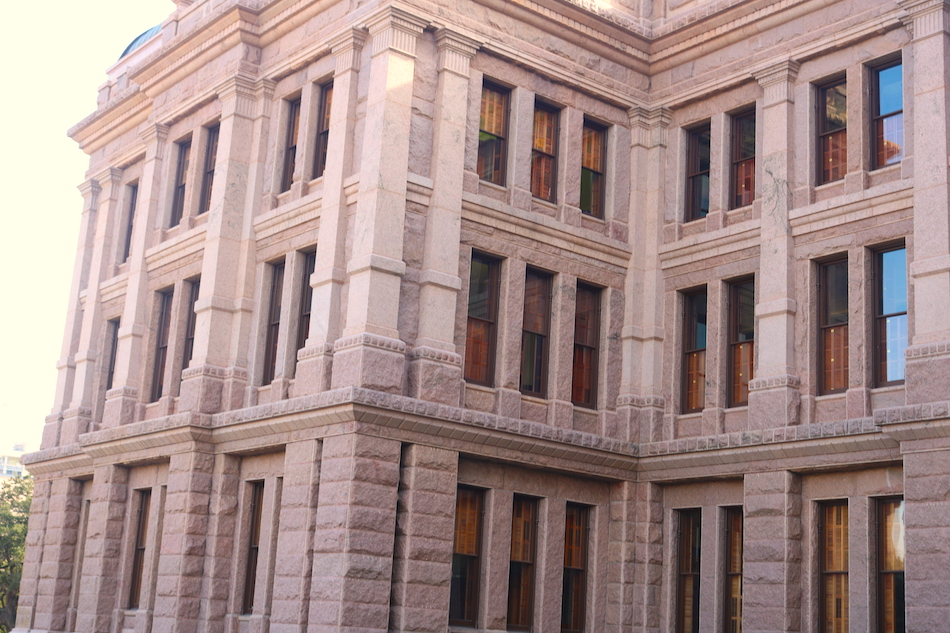
I worry about everything from climate change to violence against transgender people to racism to reproductive freedom for women. But, until recently, I didn’t have to worry that a “$10,000 bounty” could be collected from me if I helped a woman to have an abortion.
Yet, this is now a terrifying concern for abortion providers, advocates of women’s reproductive rights and those who value civil liberties. Especially, for people in Texas.
If you value the right to privacy and are LGBTQ or a queer ally, you should be terrified.
Here’s why everyone with a sense of decency should feel the hair standing up on the back of their necks: It’s no secret, that the Supreme Court, more conservative since the court of the 1930s, is likely eyeing the chance to overthrow or gut Roe V. Wade.
In May, the Supreme Court said that, in its next term (beginning in October 2021), it would consider an abortion case involving a Mississippi law that would prohibit most abortions after 15 weeks of pregnancy (about two months earlier than permitted by Roe v. Wade).
The Court’s decision to consider this case gives hope to anti-abortion activists seeking the overthrow of Roe v. Wade.
States with Republican-controlled legislatures, aware of the make-up of the Supreme Court (with its conservative 6 to 3 majority), have acted quickly to severely weaken abortion rights. This has been especially true this year.
“More abortion restrictions — 90 — have already been enacted in 2021 than in any year since the Roe v. Wade decision was handed down in 1973,” according to a Guttmacher Institute report.
On May 19, Gov. Greg Abbott of Texas signed a draconian abortion bill into law. This measure, known as a “heartbeat law,” bans abortion after six weeks of pregnancy.
Many women, at the six-week point, have no idea that they’re pregnant.
This is bad enough. Other states, including Ohio, Georgia, Louisiana, Missouri, Alabama, Kentucky and South Carolina have passed “heartbeat” laws banning abortion (when a fetal heartbeat can be detected).
But the legislation signed into law this spring by Gov. Abbott is even more insidious.
The legislation, scheduled to take effect in September 2021, gives private citizens the right to sue doctors and abortion clinic employees.
It doesn’t stop there. The new law permits a private citizen (from a pastor to an Uber driver to a friend, family member or perfect stranger) to sue anyone who performs or helps anyone to get an abortion. Even private citizens not living in Texas could sue people performing or helping someone to get an abortion.
Each private citizen could potentially be awarded $10,000 for every illegal abortion.
The law doesn’t allow for abortion in the case of rape or incest. Though it would permit abortions in rare medical instances. Thankfully, on July 13, a coalition of abortion rights and civil liberties advocates, including abortion clinics, doctors, clergy, filed a federal lawsuit to challenge this new law.
Six-week abortion bans passed by other states have been successfully challenged because abortion rights advocates sued government officials.
But Texas’s new law prohibits state officials from enforcing it. It’s set up to be enforced by private citizens.
“We had to devise a unique strategy to fight this subversive law,” Nancy Northup, president and chief executive of the Center for Reproductive Rights, said in a statement. “We will pursue every legal avenue we can to block this pernicious law.”
This new law sets up a dangerous slippery slope for LGBTQ folk.
If a private citizen is allowed to sue anyone assisting a woman having an abortion, what, for example, would prevent anyone (from a minister to a friend to a cab driver) who helps a queer couple to adopt a child? Or suing anyone helping a transgender person to get health care.
Let’s do all we can to support the effort to block this dangerous law.
— Kathi Wolfe
Courtesy of the LGBT Media Association
Kathi Wolfe, a writer and a poet, is a regular contributor to the Washington Blade

This last part about “deputizing” private citizens with no standing for the suit should nullify this law.